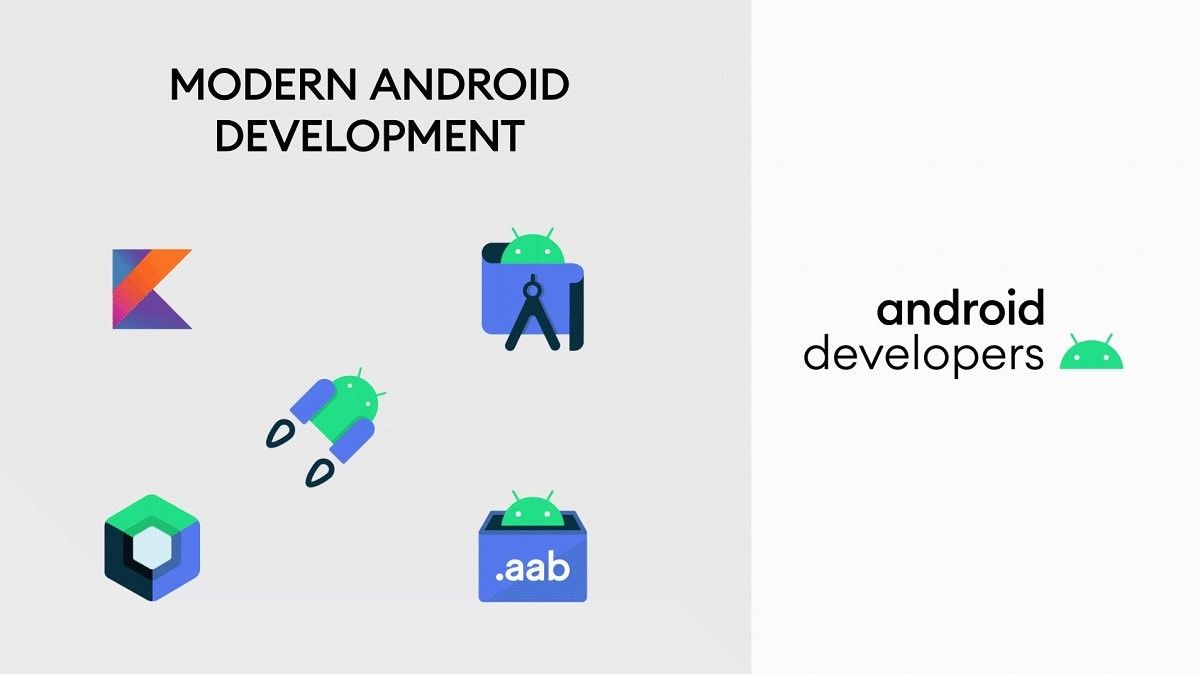The Android 11 Beta might have just been released, but if you're a developer, there's more to be excited about. Along with Android 11, Google is introducing a whole bunch of goodies for developers, including a new Google Play Console design, new versions of Android Studio, and a bunch of AndroidX and Kotlin updates.
Google Play Console Redesign
First up, let's talk about the new Google Play Console. Since the introduction of the new Material Design guidelines, Google has (slowly) been updating its various apps and websites to the new design language, and that finally includes the Play Console. On top of the design refresh, things have been reorganized a bit. Google says there's a new user management system to help you handle people you've invited to your Console account, along with some other features to "help you thrive" on Google Play.
You can see some screenshots of the new design below.
Android Studio 4.1 and 4.2
The next new thing is Android Studio. Google has released two new versions: 4.1 in Beta, and 4.2 in Canary. There are a ton of new features in these releases, so we're only going to go over some of the more interesting ones.
If you've done a lot of developing (or tinkering), you probably know about Wireless ADB. This feature of ADB lets you connect to your device using its IP address instead of a cable. Unfortunately, it can be difficult to get it enabled. You either need to fiddle around in normal ADB or have a rooted device. Well, with Android Studio 4.2, all you need is a device running Android 11 or later, and you'll be able to get Wireless ADB running in no time.
The Android Emulator is now part of Android Studio. At the time of writing this, it isn't exactly clear what this means, but Google says it will enable faster and more integrated automated testing.
Lastly (for this sub-list), app builds should be even faster for devices running Android 11 or later.
Here's a graphic showing the new features in both versions.
Kotlin and AndroidX
Now let's talk about Kotlin and AndroidX. Kotlin has become probably the most popular language for Android development. It's more concise than Java, has various helper methods, supports extension functions, and has a whole lot more that makes it more pleasant to use than Java. Because of all these advantages, Google officially recommends Kotlin as the language to use for Android development.
First, there are some new features in Kotlin itself. Android Studio now supports Kotlin 1.4, which comes with a whole bunch of new stuff. One of the main features of 1.4 is SAM conversion for Kotlin interfaces. For a while now, Kotlin has automatically converted single-method Java interfaces into lambdas, for better readability. However, this conversion didn't work for interfaces declared in Kotlin; in 1.3, even with a single-method Kotlin interface, you'd have to write out the entire implementation. In Kotlin 1.4, this is no longer necessary. Simply mark your single-method Kotlin interfaces with the fun modifier, and you'll be able to use them in lambda form.
You can read more about Kotlin 1.4 here and here.
That's not all, though. Kotlin has a powerful feature called Coroutines. Coroutines are similar to Android's now-deprecated AsyncTask but with more features, better syntax, and easier readability. Three AndroidX libraries, Lifecycle, WorkManager, and Room, now have support for Kotlin's Coroutines, which should make it easier to deal with async logic when using these libraries.
Jetpack Compose
In case you've missed the various announcements from Google for it, Jetpack Compose is a new way to design layouts in native Android projects. Instead of the imperative XML layout design, Compose is a declarative framework written entirely in Kotlin. It's been in its first developer preview for a while now, but starting today, you'll be able to try out its second developer preview. There are a bunch of new features in this version, including:
- Interoperability with native Android Views
- Animations
- Adapter-based lists
- Real-time previews for layout changes (previously required rebuilding the project)
- Code completion
Google is hoping to release an alpha version of Compose sometime this summer, with a full release slated for sometime in 2021.
And that's all we have today! Not everything that's new is in this article, so make sure to check out Google's official announcement for more details. You can see all of the 12 talks that Google just published in this YouTube playlist, catch up on new developer content each week during Google's "11 Weeks of Android," and learn from each other during an online Android 11 community meetup.


